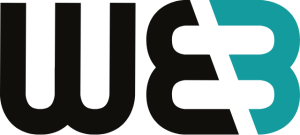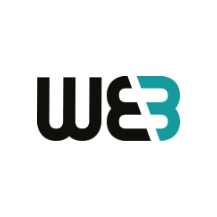Moving to the Netherlands: everything you need to know for a soft landing
Relocating to the Netherlands can be an exciting adventure, with lots of new opportunities, a vibrant culture, and a different lifestyle altogether. To ensure a smooth transition, it’s important to be well-prepared and informed about what you can expect. Here’s everything you need to know for a soft landing in the Netherlands.
Understanding the Dutch visa and other formal requirements
Before moving, ensure you have the necessary visa and residency permits. Citizens of EU/EEA countries and Switzerland do not require a visa to live and work in the Netherlands. However, non-EU/EEA nationals will need to apply for a visa and work permit, typically through their employer. You can visit the Dutch Immigration and Naturalisation Service (IND) website for detailed information and guidance.
Navigating through the housing market
The Dutch housing market can be competitive, especially in popular cities. It’s advisable to start your search early, exploring both rental and purchase options. Websites such as Funda, Pararius, and Expatica are useful for finding listings. Additionally, consider enlisting the help of a real estate agent. Keep in mind that most rental properties are unfurnished, so you may need to budget for furniture.
Registering with the municipality
Upon arrival, you must register with the local municipality (gemeente) within five days if you plan to stay for more than four months. This registration provides you with a citizen service number (BSN), which is essential for various administrative tasks such as opening a bank account, getting health insurance, and paying taxes. You can also make an appoint online with your municipality.
Setting up your finances
Opening a Dutch bank account is crucial for managing your finances. Major banks include ING, ABN AMRO, and Rabobank. You will need your BSN, a valid ID, proof of address, and sometimes proof of income to open an account. Dutch banking is largely digital, with most transactions handled online or via mobile apps. Additionally, familiarize yourself with the tax system and ensure you comply with local tax obligations.
Health insurance and healthcare
Health insurance is mandatory in the Netherlands. Once you have your BSN, you need to choose a Dutch health insurance provider and register within four months of your arrival. The basic health insurance package (basisverzekering) covers general medical care, but you can opt for additional coverage if needed.
Learning the Dutch language
While many Dutch people speak excellent English, learning Dutch will enhance your experience and integration. There are numerous language courses available, ranging from free community classes to private lessons. Websites like Duolingo, Babbel, and local language schools can help you get started.
Embracing the Dutch culture
The Dutch are known for their directness, practicality, and strong sense of community. Socializing often takes place in cafés, parks, and during events like King’s Day and local festivals. Embrace the cycling culture by getting a bike, as it’s the primary mode of transportation. Engage with locals, join expat groups, and explore the rich cultural heritage of the Netherlands through museums, galleries, and historical sites.
Final tips
When looking at public transportation, the Netherlands has an efficient public transport system, including trains, trams, and buses. You can apply for an OV-chipkaart for easy access to all modes of public transport. Lastly, Dutch weather can be unpredictable. Invest in good rain gear and always be prepared for sudden changes in weather!





